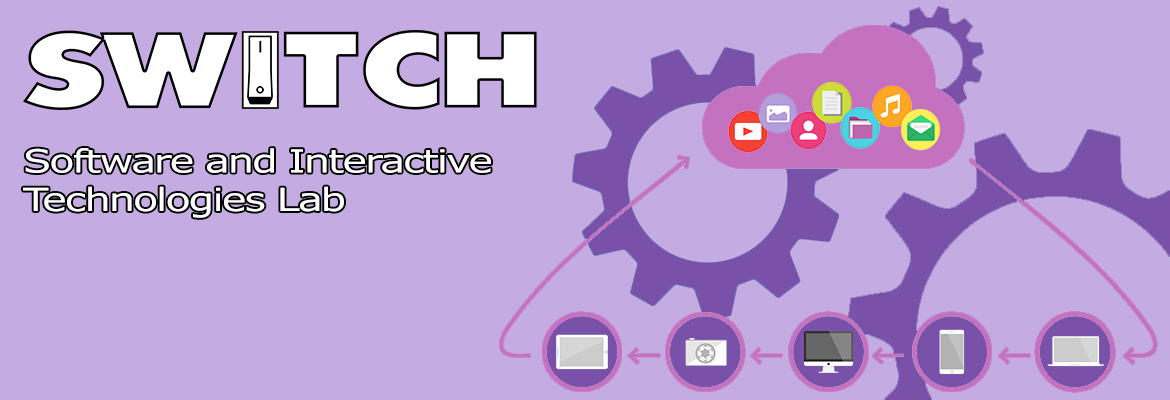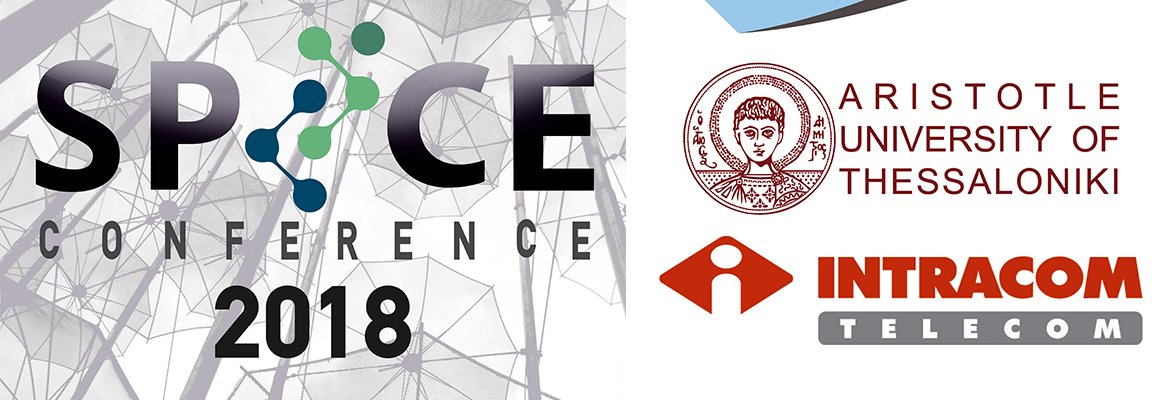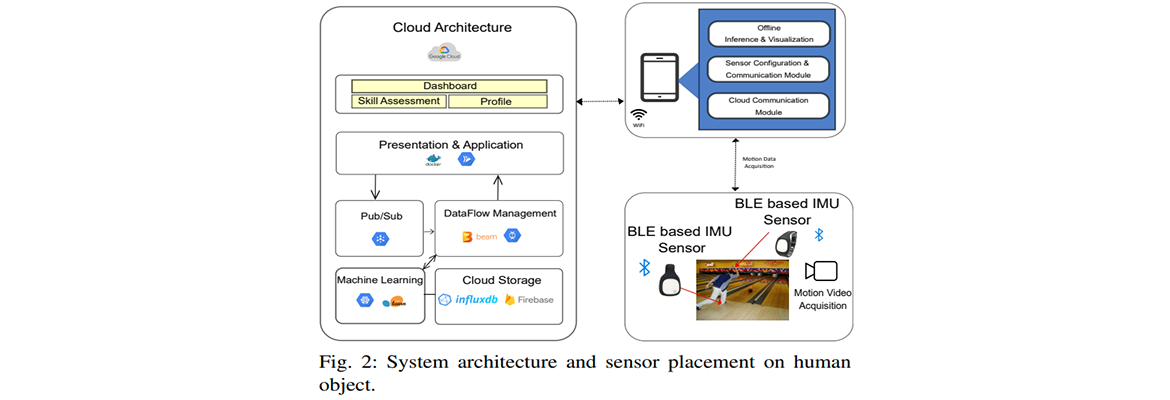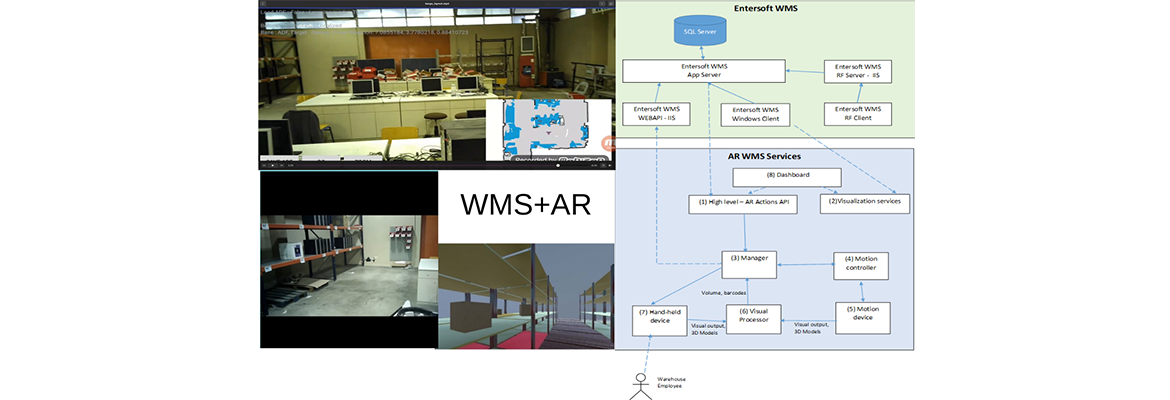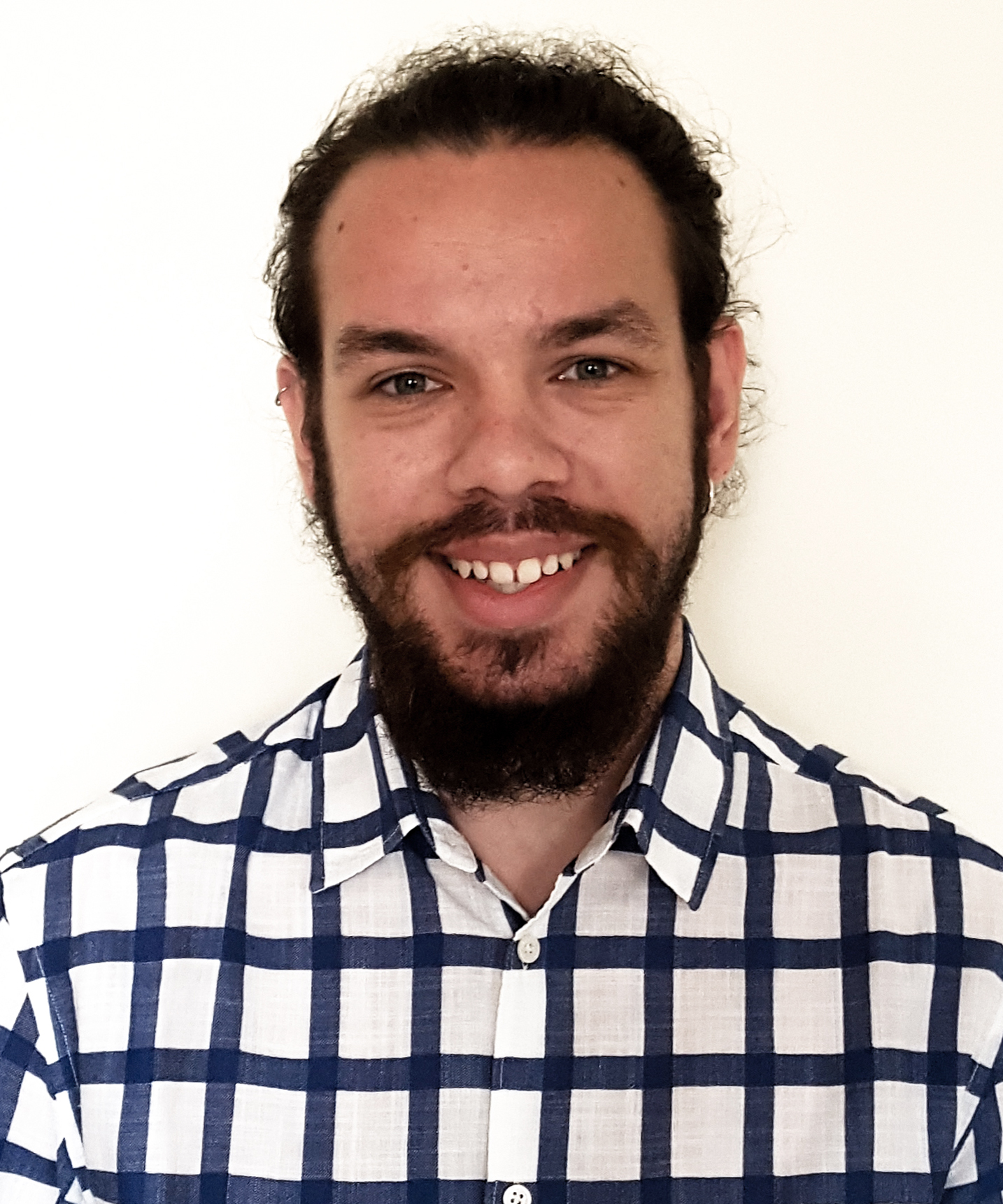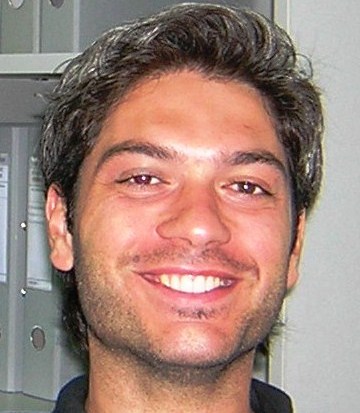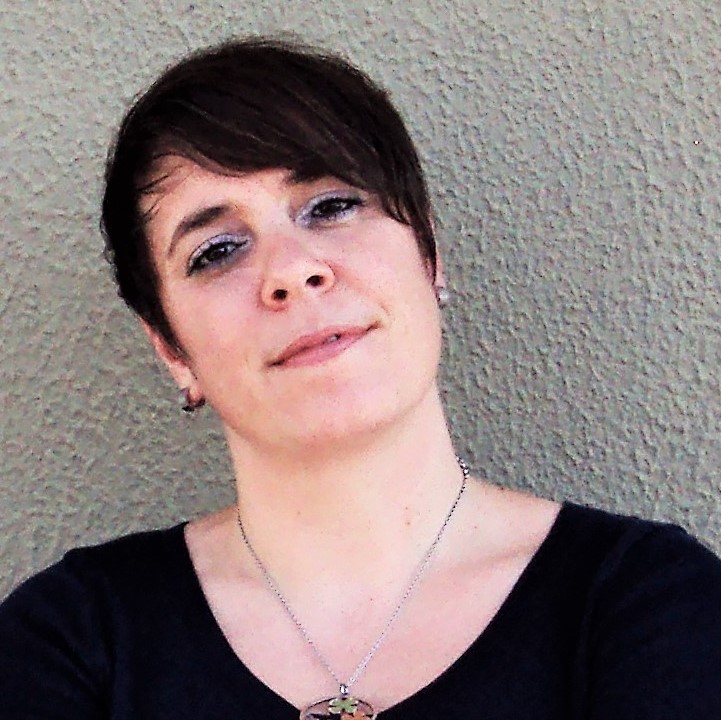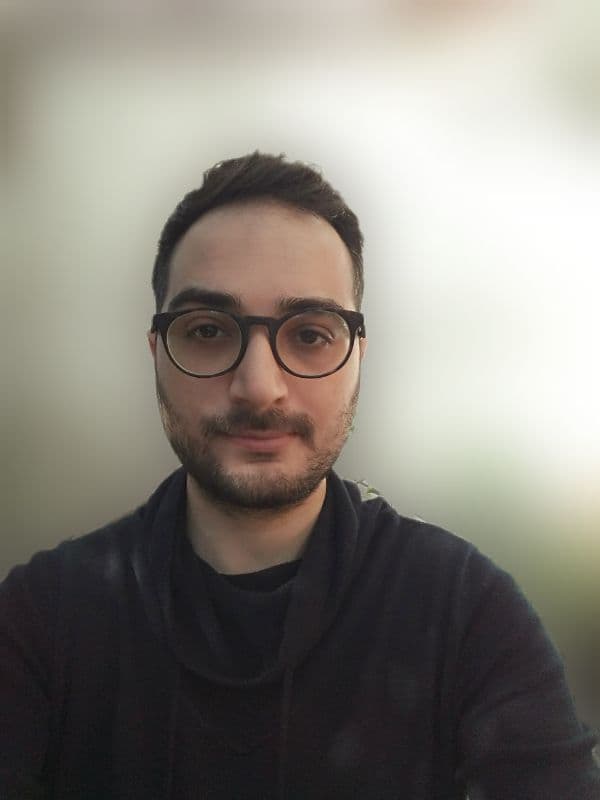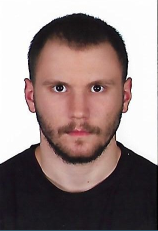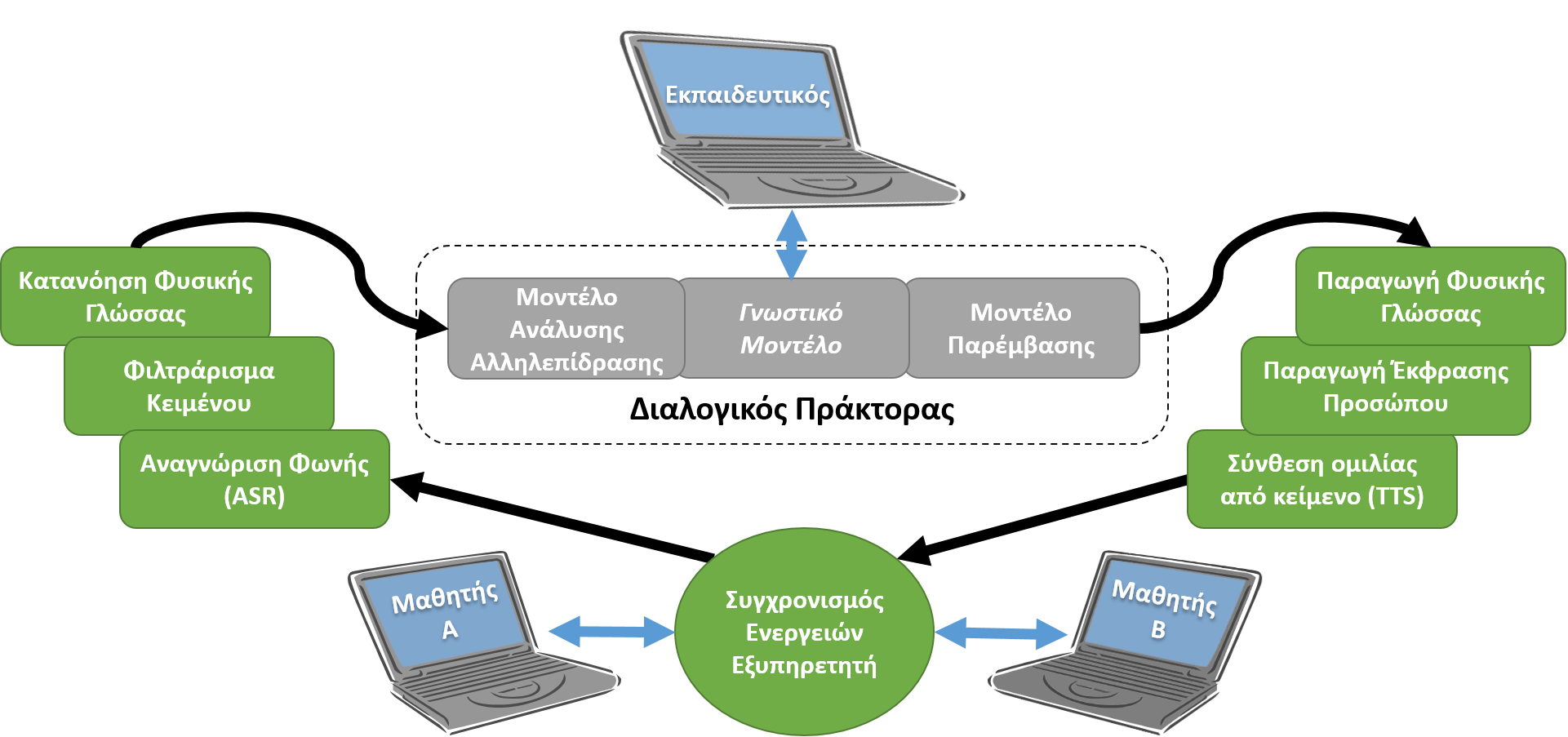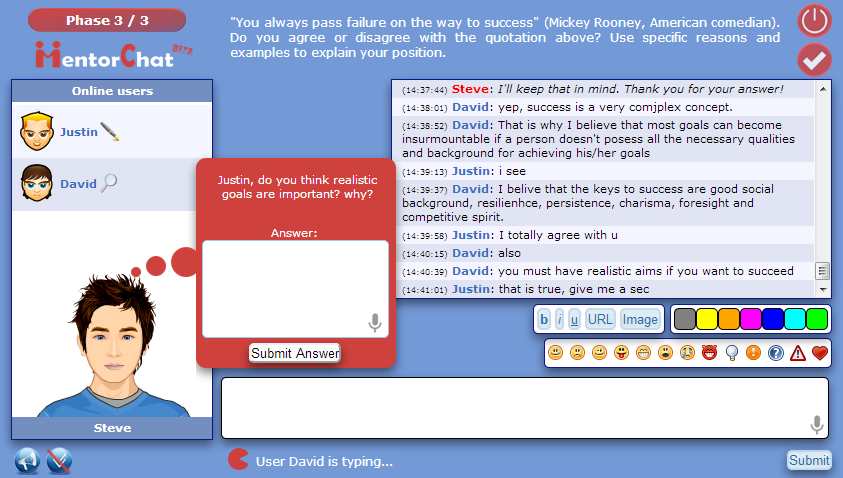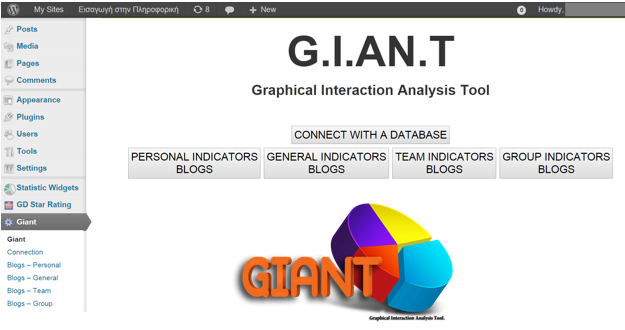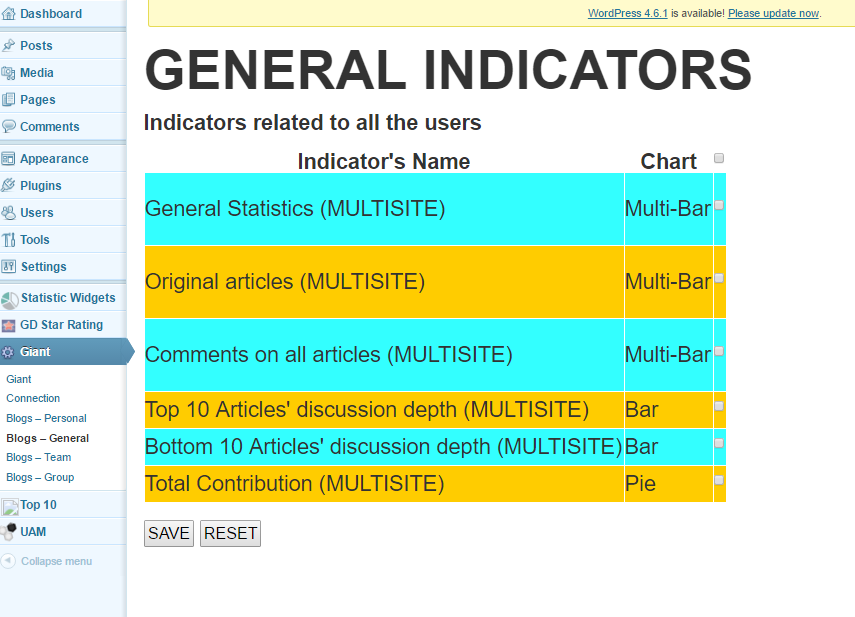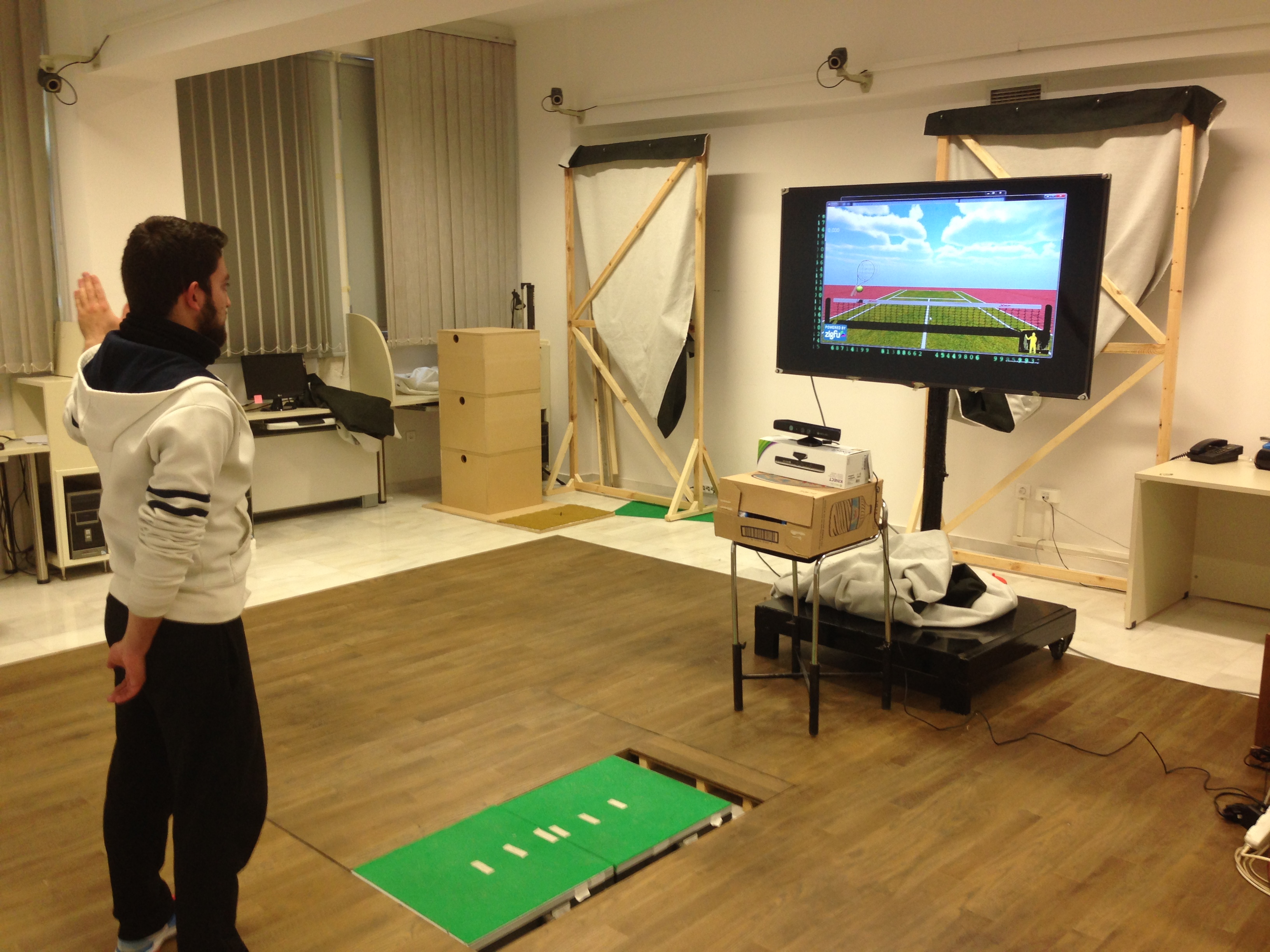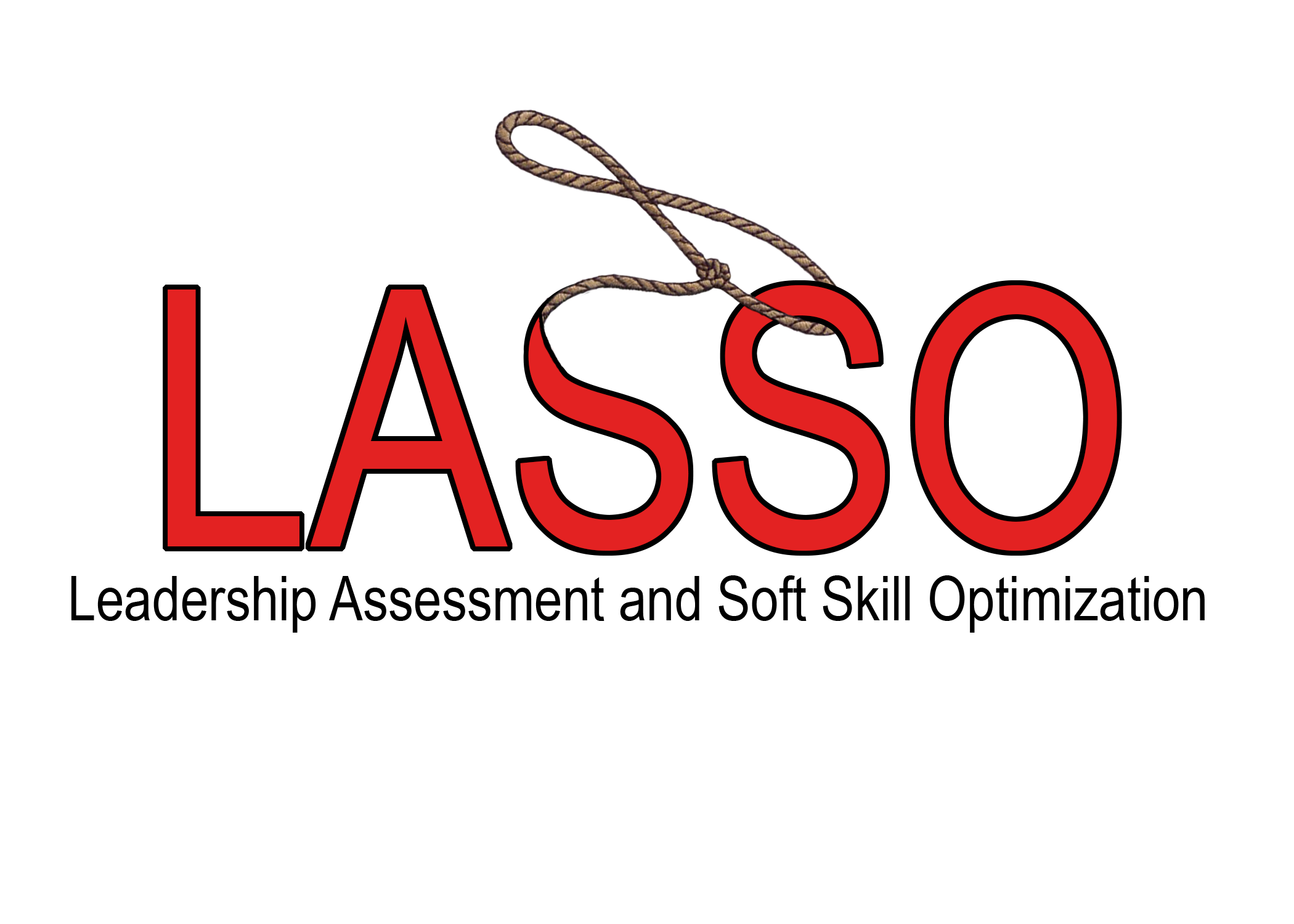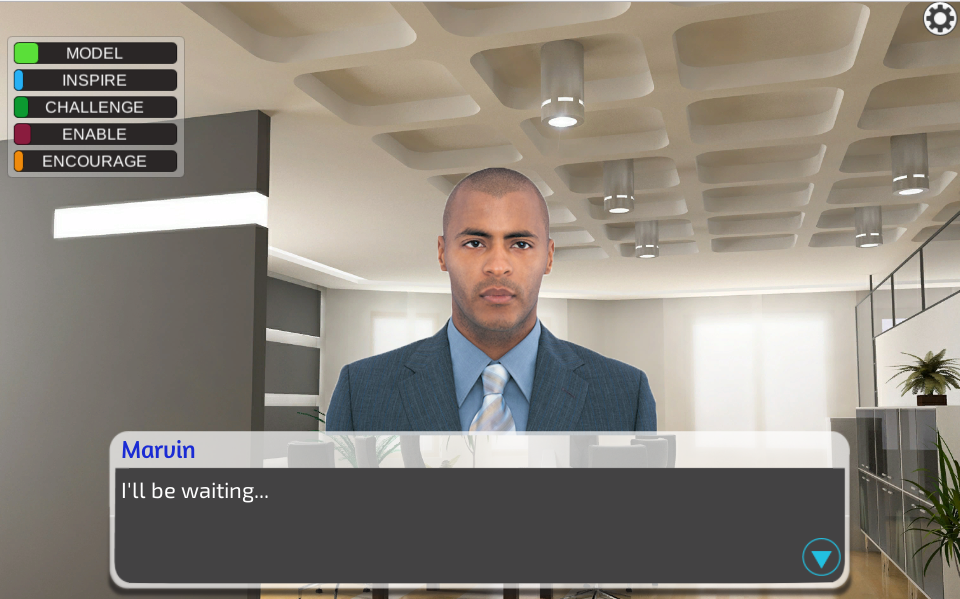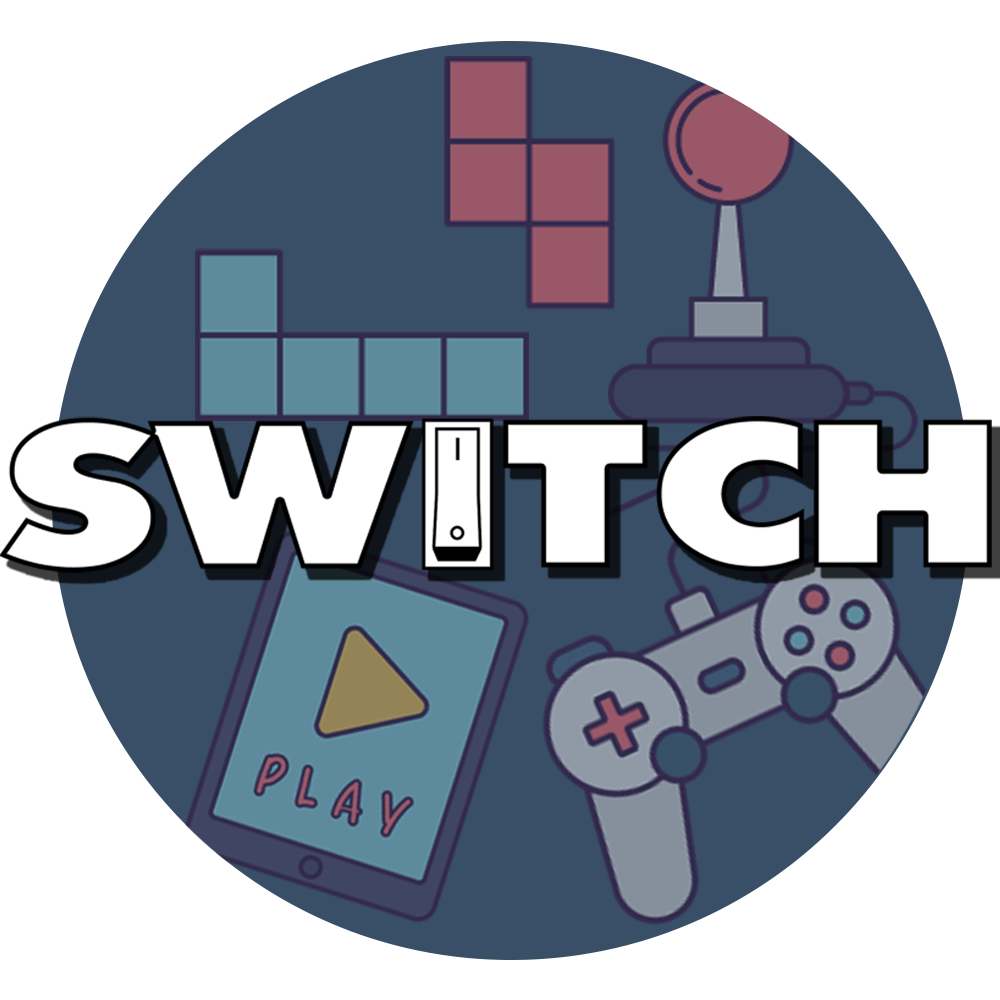Software and Interactive Technologies Lab (SWITCH)
Who we are
- ► We are a group of researchers (Academic Staff, Associates, PhD Candidates) working in the broader area of Software and Interactive Technologies, including: Software Engineering and Information Systems, Open Source Software, Software Security and Software Model Checking, Learning Technologies and Virtual Learning Environments, Computer-Supported Collaborative Learning, Game Based Learning and Mobile Learning, Music Informatics, Human-Computer Interaction and User Experience Design.
- ► We are highly experts:
- ○ We teach: various courses offered, both at under- and post- graduate level
- ○ We do research: our publications appear at the highest ranking international scientific journals and conferences
- ○ We participate in and coordinate projects: numerous international and national level technology development and research projects
- ○ We develop open software tools in various domains
- ► Browsing through the SWITCH website pages you can develop a better understanding of who we are and what we do and offer.
- ► If you have any question or proposals for collaboration please contact us!
- ► Thank you for visiting!
News
"The developed gamified learning and training activities are relevant for supporting dual careers of athletes by using digital technology such as games/gamification in sports. The results of the project represent an added value at EU level, also due to good cooperation of the partners."
"Ανοικτό μάθημα στο Διαδίκτυο για την Python και διαλογικοί πράκτορες (έργο colMOOC)"
Ημερομηνία: Παρασκευή 14/2
Τόπος: Αμφιθέατρο ΚΕΔΕΑ
Ώρα: 10:30
Στην ημερίδα θα παρουσιαστεί το Μαζικό Ανοικτό Διαδικτυακό Μάθημα για την Python που θα αρχίσει να προσφέρεται από 2 Μαρτίου 2020 ελεύθερα σε κάθε ενδιαφερόμενο (φοιτητή, εκπαιδευτικό, ερευνητή, κλπ.).
Περισσότερες πληροφορίες και δυνατότητα προεγγραφής μπορείτε να βρείτε στη σελίδα της ημερίδας: https://sites.google.com/view/python-colmooc/home
STAFF
ACADEMIC STAFF
Phone:
Location:
Google Scholar Link:
Researchgate Link:
Personal Webpage:
Short CV:
+30-231099.8990
Kalamaria, Office 20, Aristotle University of Thessaloniki. Thessaloniki, Greece

Phone:
Location:
Google Scholar Link:
Researchgate Link:
Personal Webpage:
Short CV:
+30-231099.1925
Kalamaria, Office 24, Aristotle University of Thessaloniki. Thessaloniki, Greece
Google Scholar
Researchgate Link
Personal Webpage
Last update: 11 February 2021

Phone:
Location:
Google Scholar Link:
Researchgate Link:
Personal Webpage:
Short CV:
+30 2310991938
Kalamaria, Office 22, Aristotle University of Thessaloniki. Thessaloniki, Greece
Google Scholar
-
Personal Webpage

Phone:
Location:
Google Scholar Link:
Researchgate Link:
Personal Webpage:
Short CV:
+30-231099.8406
New Building of School of Sciences, Office 4.15, Aristotle University of Thessaloniki. Thessaloniki, Greece

Phone:
Location:
Google Scholar Link:
Researchgate Link:
Personal Webpage:
Short CV:
+30-2310-991910
Thessaloniki
Google Scholar
Researchgate
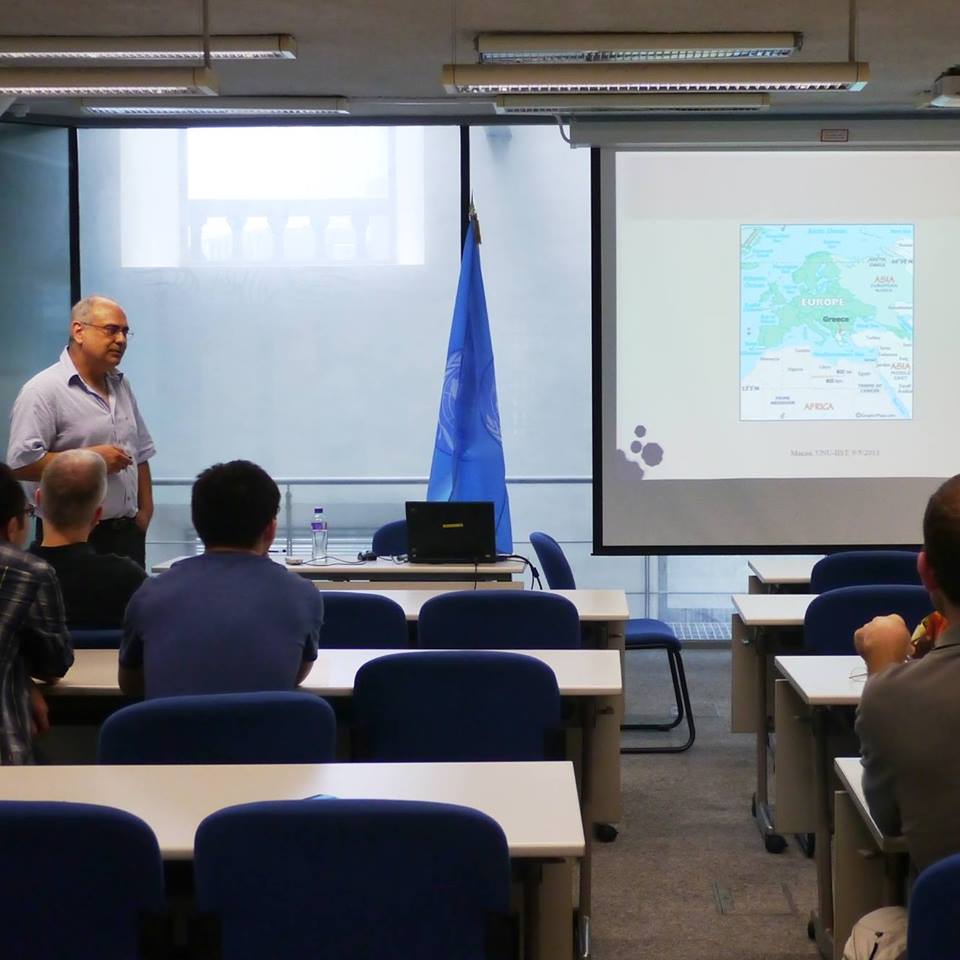
Phone:
Location:
Google Scholar Link:
Researchgate Link:
Personal Webpage:
Short CV:
+30 2310 998532
Thessaloniki
Google Scholar
Researchgate
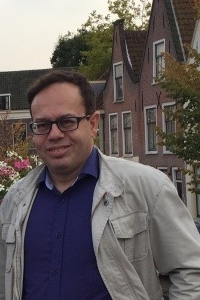
RESEARCH ASSOCIATES
Phone:
Location:
Google Scholar Link:
Researchgate Link:
Personal Webpage:
Short CV:
-
Thessaloniki
Google Scholar
Researchgate
-
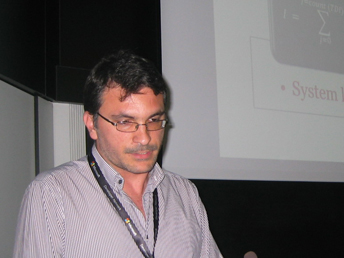
Phone:
Location:
Google Scholar Link:
Researchgate Link:
Personal Webpage:
Short CV:
(+30) 2310991937
Et. Antistaseos 16 (Office 7),Thessaloniki
Google Scholar
Researchgate
-
His current research interests revolve around advanced learning technologies and lie in areas such as conversational pedagogical agents, computer-supported collaborative learning and artificial intelligence in education. His professional interests involve web and mobile application development, search engine optimization (SEO) as well as user experience (UX) research and design.

TEST Three
It is a long established fact that a reader will be distracted by the readable content of a page when looking at its layout. The point of using Lorem Ipsum is that it has a more-or-less normal distribution of letters, as opposed to using 'Content here, content here', making it look like readable English. Many desktop publishing packages and web page editors now use Lorem Ipsum as their default model text, and a search for 'lorem ipsum'
LEARN MORE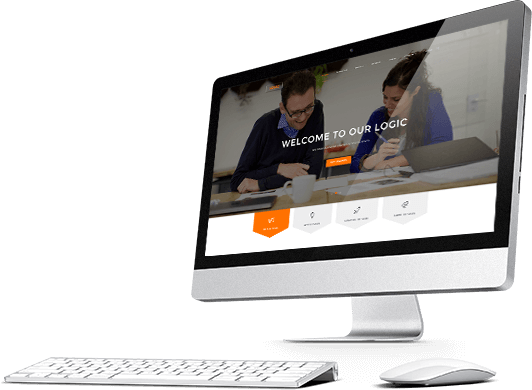
TEST Four
It is a long established fact that a reader will be distracted by the readable content of a page when looking at its layout. The point of using Lorem Ipsum is that it has a more-or-less normal distribution of letters, as opposed to using 'Content here, content here', making it look like readable English. Many desktop publishing packages and web page editors now use Lorem Ipsum as their default model text, and a search for 'lorem ipsum'
LEARN MORE
PhD CANDIDATES
Phone:
Location:
Google Scholar Link:
Researchgate Link:
Personal Webpage:
Short CV:
(+30) 2310991935
Et. Antistaseos 16 (Office 6),Thessaloniki
Google Scholar
Researchgate
-
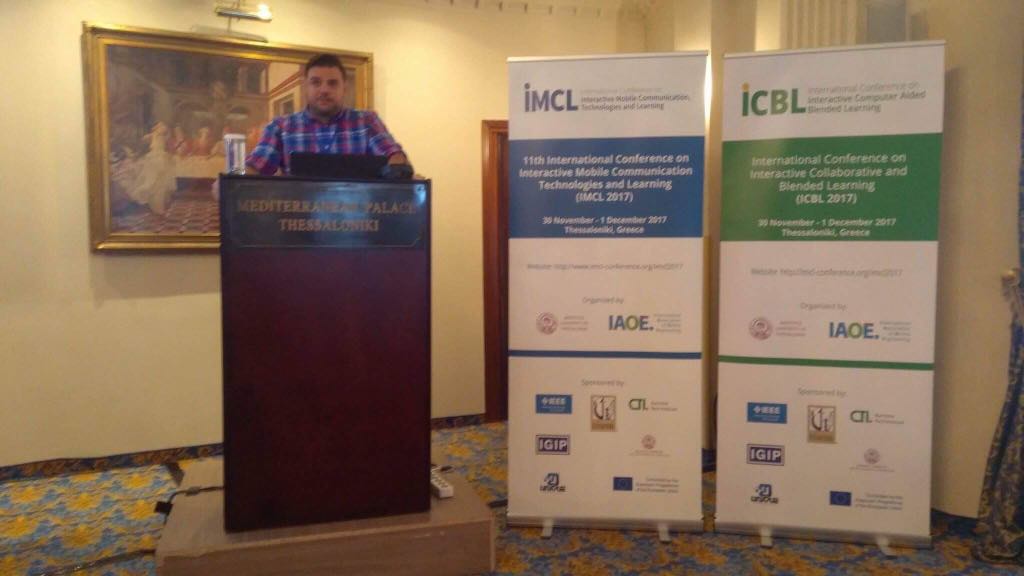
Phone:
Location:
Google Scholar Link:
Researchgate Link:
Personal Webpage:
Short CV:

Phone:
Location:
Google Scholar Link:
Researchgate Link:
Personal Webpage:
Short CV:
(+30)-2310991935
Et. Antistaseos 16 (Office 6),Thessaloniki
Google Scholar
Researchgate
-

Phone:
Location:
Google Scholar Link:
Researchgate Link:
Personal Webpage:
Short CV:
(+30) )6975924891
Et. Antistaseos 16 (Office 6),Thessaloniki
Google Scholar
Researchgate
-
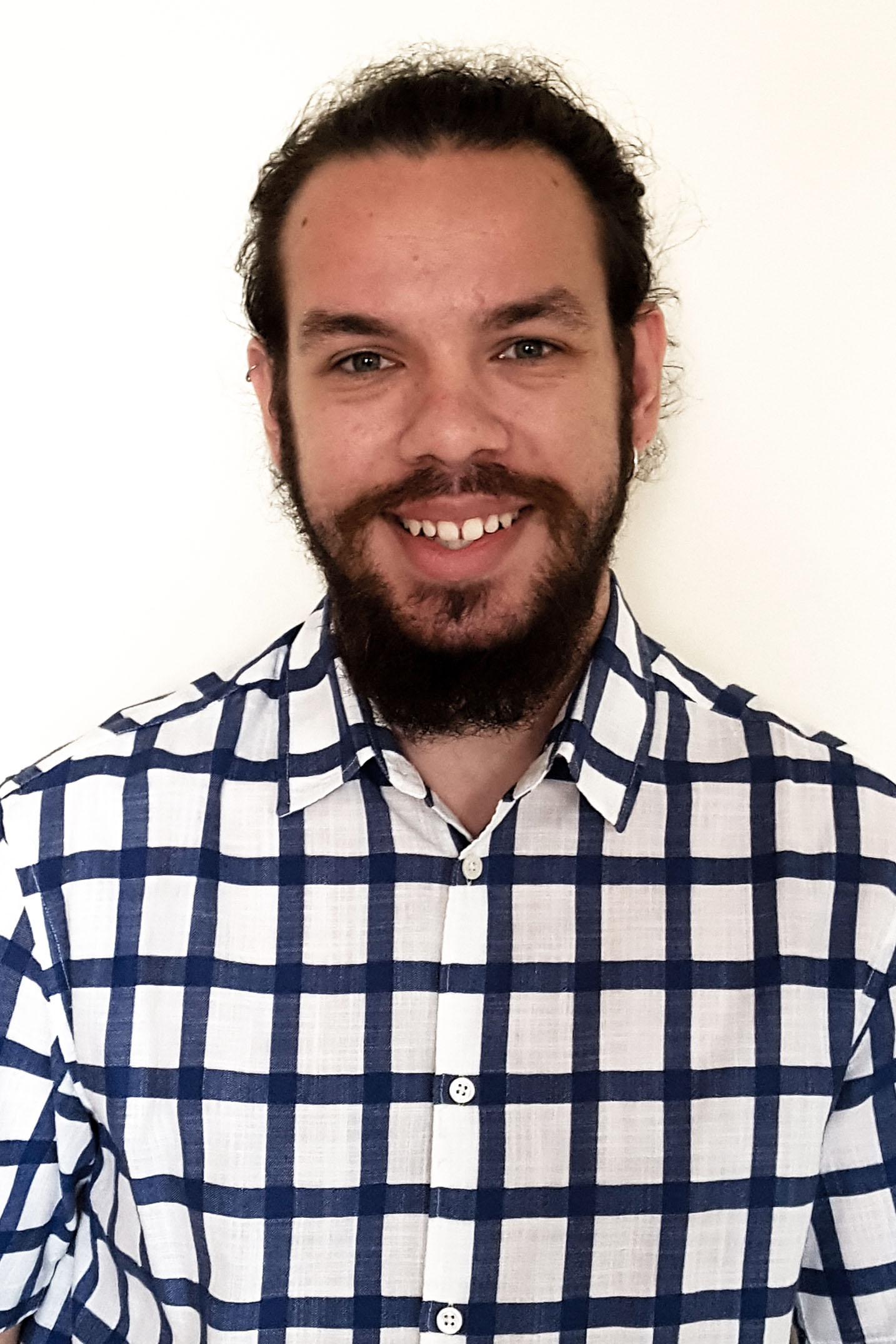
Phone:
Location:
Google Scholar Link:
Researchgate Link:
Personal Webpage:
Short CV:
(+30) 6955449512
Et. Antistaseos 16 (Office 6),Thessaloniki
Google Scholar
Researchgate
-
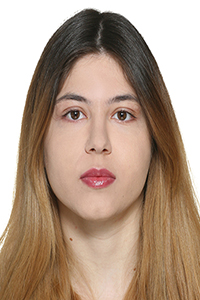
TEST Four
It is a long established fact that a reader will be distracted by the readable content of a page when looking at its layout. The point of using Lorem Ipsum is that it has a more-or-less normal distribution of letters, as opposed to using 'Content here, content here', making it look like readable English. Many desktop publishing packages and web page editors now use Lorem Ipsum as their default model text, and a search for 'lorem ipsum'
LEARN MORE
Phone:
Location:
Google Scholar Link:
Researchgate Link:
Personal Webpage:
Short CV:
(+30) 2310991937
Et. Antistaseos 16 (Office 7),Thessaloniki
Google Scholar
Researchgate
-
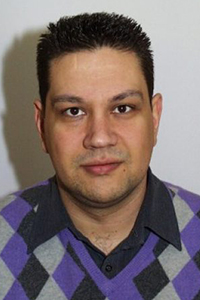
Phone:
Location:
Google Scholar Link:
Researchgate Link:
Personal Webpage:
Short CV:
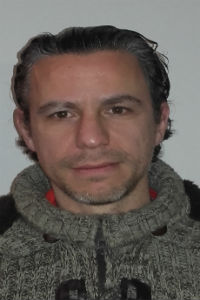
Phone:
Location:
Google Scholar Link:
Researchgate Link:
Personal Webpage:
Short CV:
+(30)-6977127979
Et. Antistaseos 16,Thessaloniki
-
Researchgate
kathanaso.webpages.auth.gr
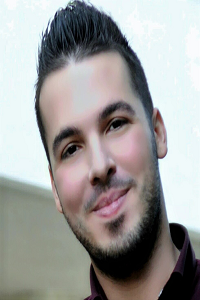
Phone:
Location:
Google Scholar Link:
Researchgate Link:
Personal Webpage:
Short CV:
(+30) 2310991935
Et. Antistaseos 16 (Office 6),Thessaloniki
Google Scholar
Researchgate
http://blogs.sch.gr/nikmichailidis/
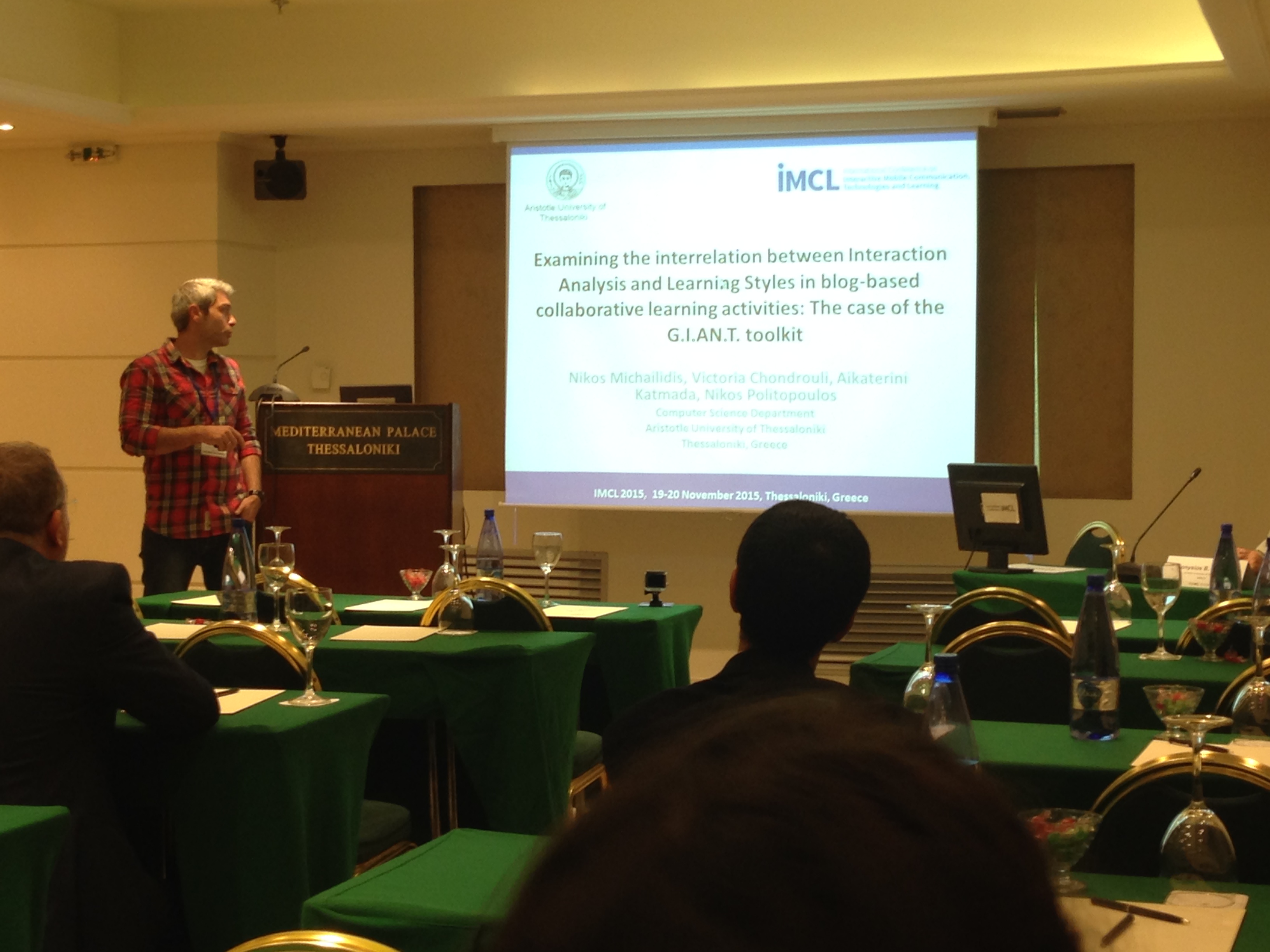
Phone:
Location:
Google Scholar Link:
Researchgate Link:
Personal Webpage:
Short CV:
(+30) 2310991935
Et. Antistaseos 16,Kalamaria,Thessaloniki
-
Researchgate
-

Phone:
Location:
Google Scholar Link:
Researchgate Link:
Personal Webpage:
Short CV:
Phone:
Location:
Google Scholar Link:
Researchgate Link:
Personal Webpage:
Phd:
Short CV:
-
Et. Antistaseos 16,Kalamaria,Thessaloniki
Google Scholar
Researchgate
-
Process Mining in Information Systems

Phone:
Location:
Google Scholar Link:
Researchgate Link:
Personal Webpage:
Phd:
Short CV:
-
Thessaloniki
Google Scholar
Researchgate
http://www.socialmind.gr
Open Source Software Engineering
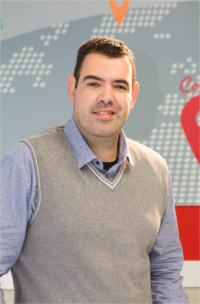
Phone:
Location:
Google Scholar Link:
Researchgate Link:
Personal Webpage:
Phd:
Short CV:
-
Thessaloniki
Google Scholar
Researchgate
-
Computer Games Software Engineering

Phone:
Location:
Google Scholar Link:
Researchgate Link:
Personal Webpage:
Phd:
Short CV:
-
Thessaloniki
Google Scholar
Researchgate
-
Computer Games Software Engineering

